Contents
Any successful business owner knows the importance of consumer awareness. If you want your store to be profitable, you’ll have to promote your brand and your Amazon products to your target audience. Otherwise, you may languish in a sea full of hundreds of thousands of other sellers.
Thankfully, a little promotion can go a long way. By doing what you can to raise awareness of your Amazon store, such as creating a blog or partnering with influencers, you increase your chances of making sales.
In this article, we’ll first go over the importance of promoting your Amazon products. Then we’ll take a look at three ways you can actively do so. Let’s get started!
The Importance of Promoting Your Amazon Products
In many fields, promoting your business is vital since consumer awareness is a crucial component of a store’s success. However, e-commerce ventures can be especially reliant on effective marketing.
After all, the internet is highly competitive, and you can’t depend on potential buyers finding your store organically among your rivals. Unless you’re already the top seller, you’ll likely need to promote yourself.
Statistically speaking, there are over 4.3 billion internet users, with some 1.95 billion websites vying for their attention. It’s expected that about 2 billion people will be shopping online in 2020.
While those numbers are considerable, tapping into that customer pool requires a clear and proactive promotional strategy. As we mentioned, there’s a whole lot of competition for buyers’ attention.
No matter your approach, the goal of promoting your store is to draw consumers’ eyes to your Amazon products. While it might be tempting to focus on “buy now” campaigns, it’s wise to invest in promotions that show off your business and products in more informative and engaging ways.
3 Ways You Can Promote Your Amazon Products
That may be all well and good, but starting a marketing campaign can seem daunting if you’ve never done it before. With that in mind, let’s take a look at three ways you can promote your products beyond traditional pay-per-click (PPC) ads.
1. Use a Link Shortener to Reinforce Your Brand Identity
A link shortener is a tool that enables you to create customized links. These tools are especially useful for branding and cutting down on long, wordy slugs. While there are free versions available, they often lack the flexibility a business needs.
That being said, shorteners can be excellent tools for making your links tidy and clean. In this way, they help you ensure that a consumer’s attention won’t be drawn away by a long, unprofessional URL.
Most importantly, link shorteners help you nurture a consistent brand identity. You can customize your URLs to look exactly how you want them to, using them to promote your business’ name or that of a specific product.
So, just as you may have a clear voice and style, you’ll also have branded links customers will immediately associate with your business. The more prominent your brand name, the easier it is to remember, and the more likely shoppers are to recall your store and buy your Amazon products.
Ultimately, being consistent is beneficial. Businesses that are consistent are shown to have higher levels of trustworthiness and value in the eyes of consumers.
Branded links that communicate consistency can be particularly advantageous on social media, as users place considerable weight on how well you cultivate your business’ image. And with limited space to advertise (think character limits) a shortener can be a big help.
Fortunately, a WordPress plugin such as PrettyLinks can make the process of shortening links a breeze. Simply install it, then navigate to PrettyLinks > Add New:
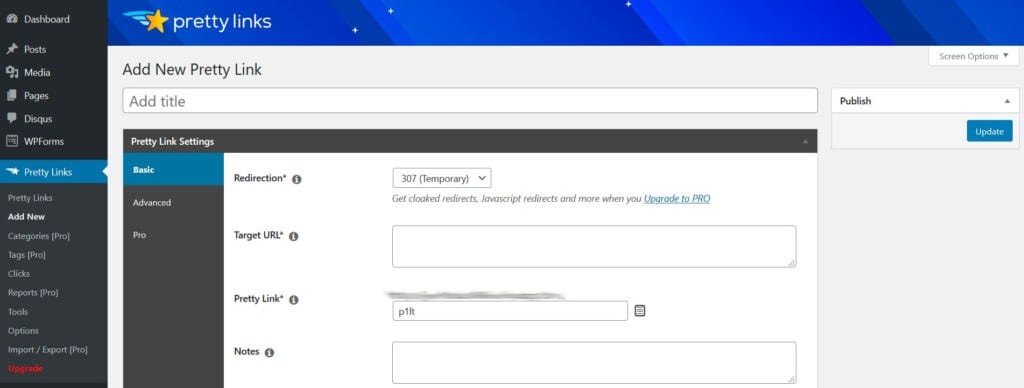
As you can see, creating shortened links is easy. Just pick your redirection method, add the target URL, and decide what you want your Pretty Link to look like.
2. Create a Blog for Your Amazon Store to Boost Search Engine Optimization (SEO)
It may not seem immediately intuitive, but having a blog for your store is a form of content marketing. That’s where you create content (such as blog posts or articles) about your industry both to help visitors who are seeking information and to get your brand name out there.
Ultimately, the more pages and posts you have, the more opportunities exist for your site to appear on search engine results pages (SERPs). And that means greater visibility for your business.
Moreover, a blog can improve your internal linking structure and give you opportunities to include targeted keywords. All of this can boost your website’s search engine optimization (SEO), which involves improving your site to raise its search ranking.
Finally, with quality blog posts, visitors have the opportunity to share your content. Both you and guests can link to your posts on social media, other websites, or even through email and messaging. With those shares, your website can organically expand its reach and draw in more traffic.
What your blog focuses on is entirely up to you, and you have plenty of options to consider. For instance, you could feature how-to’s that revolve around a product you’re selling.
Or, you could produce listicles that provide descriptive overviews of the products your store stocks. You might even branch out beyond an explicit focus on your products to write expert advice and evergreen content, further building up your blog as a valuable resource.
3. Partner With Social Media Influencers to Increase Engagement
When you hear the word influencers, your mind may instantly conjure up a popular Instagram star with millions of followers. While these types of users are prominent in influencer culture, they’re not the only affiliates that online businesses can leverage.
Indeed, there are many types of influencers—from bloggers to individuals with small but engaged social media followings. Although they have a lower follower count, these influencers are likely more affordable and may still have an audience that is heavily invested in them:
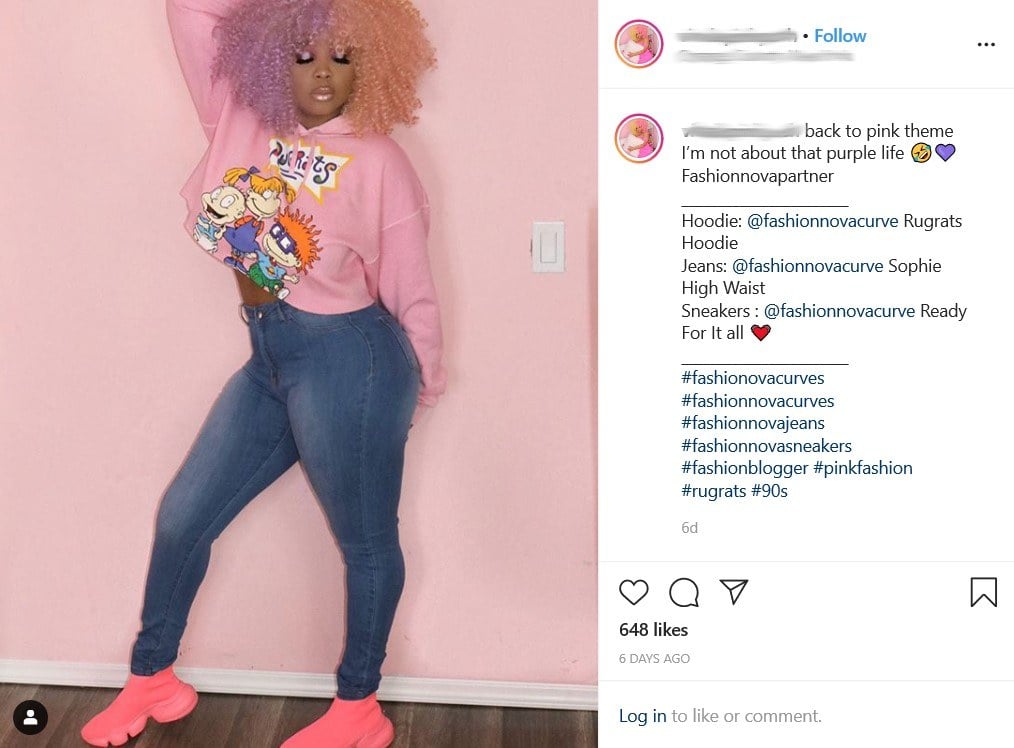
To get started, you’ll first have to find suitable influencers. Although any influencer can be an asset, it’s prudent to choose individuals who are relevant to your audience. If, for example, you have a maternity Amazon store, mommy bloggers and influencers with children would be a smart place to start.
To find quality partners you could use an influencer-finder tool, such as Klear. Such platforms give you a variety of filter options, allowing you to narrow down your search to find suitable candidates.
Then it’s just a matter of reaching out to them and coming up with an arrangement that is mutually beneficial. For instance, you could send an influencer a free product sample to review and then pay them a commission on any resulting sales, which you could then track with affiliate links.
Conclusion
Starting your own Amazon store can be an excellent way to increasing your income. However, without the proper promotion, your sales may lag, and your store could end up suffering in the long run.
By implementing these three promotional strategies, you can increase your chances of success:
- Use a link shortener to reinforce your brand identity.
- Create a blog to improve your SEO.
- Partner with social media influencers to increase engagement.
Do you have any questions about how you can promote your Amazon products? Ask away in the comments section below!
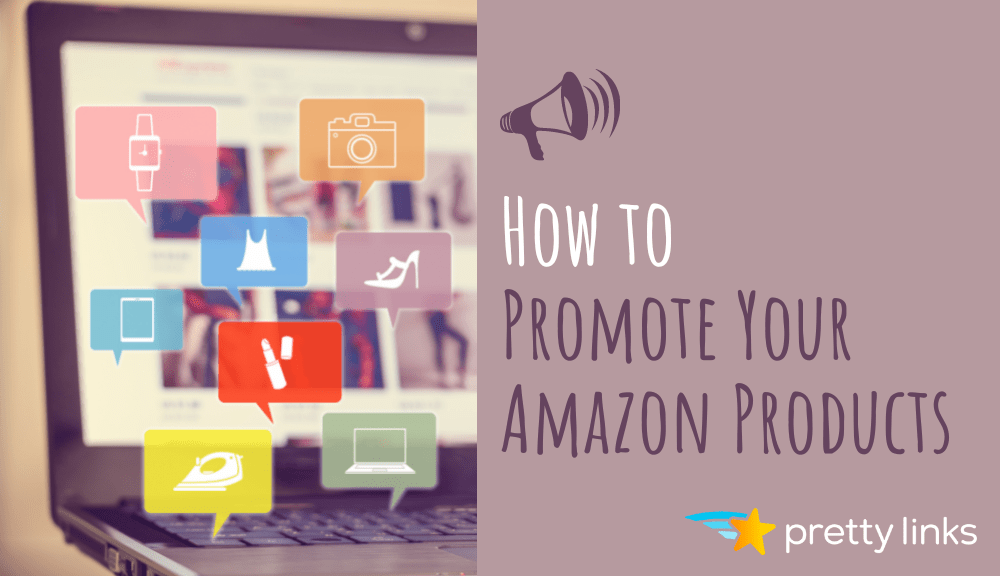



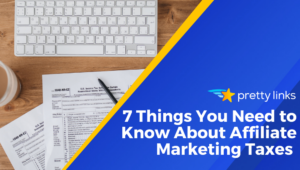
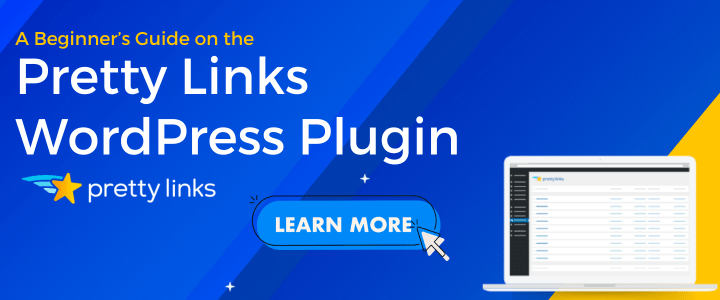
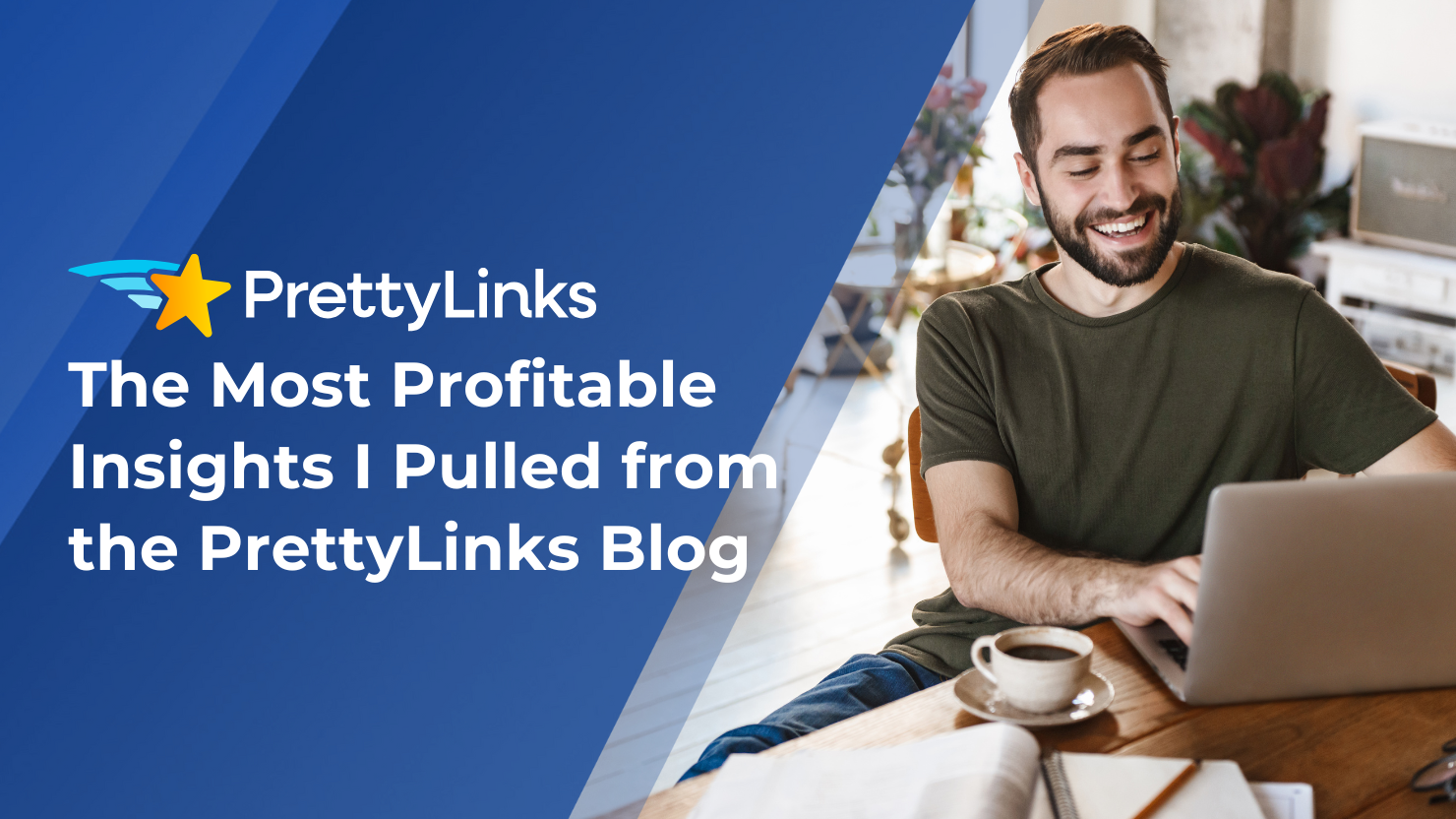
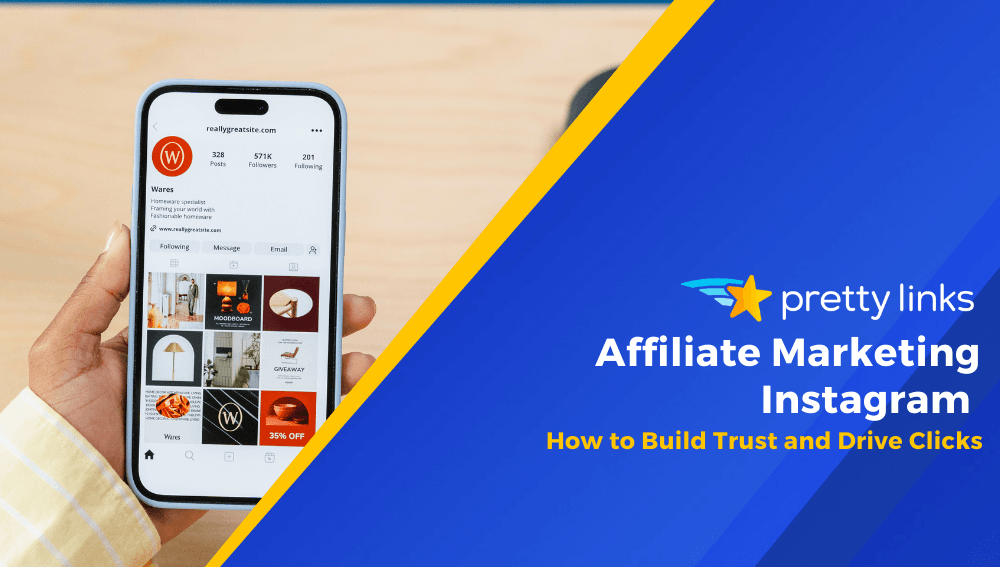
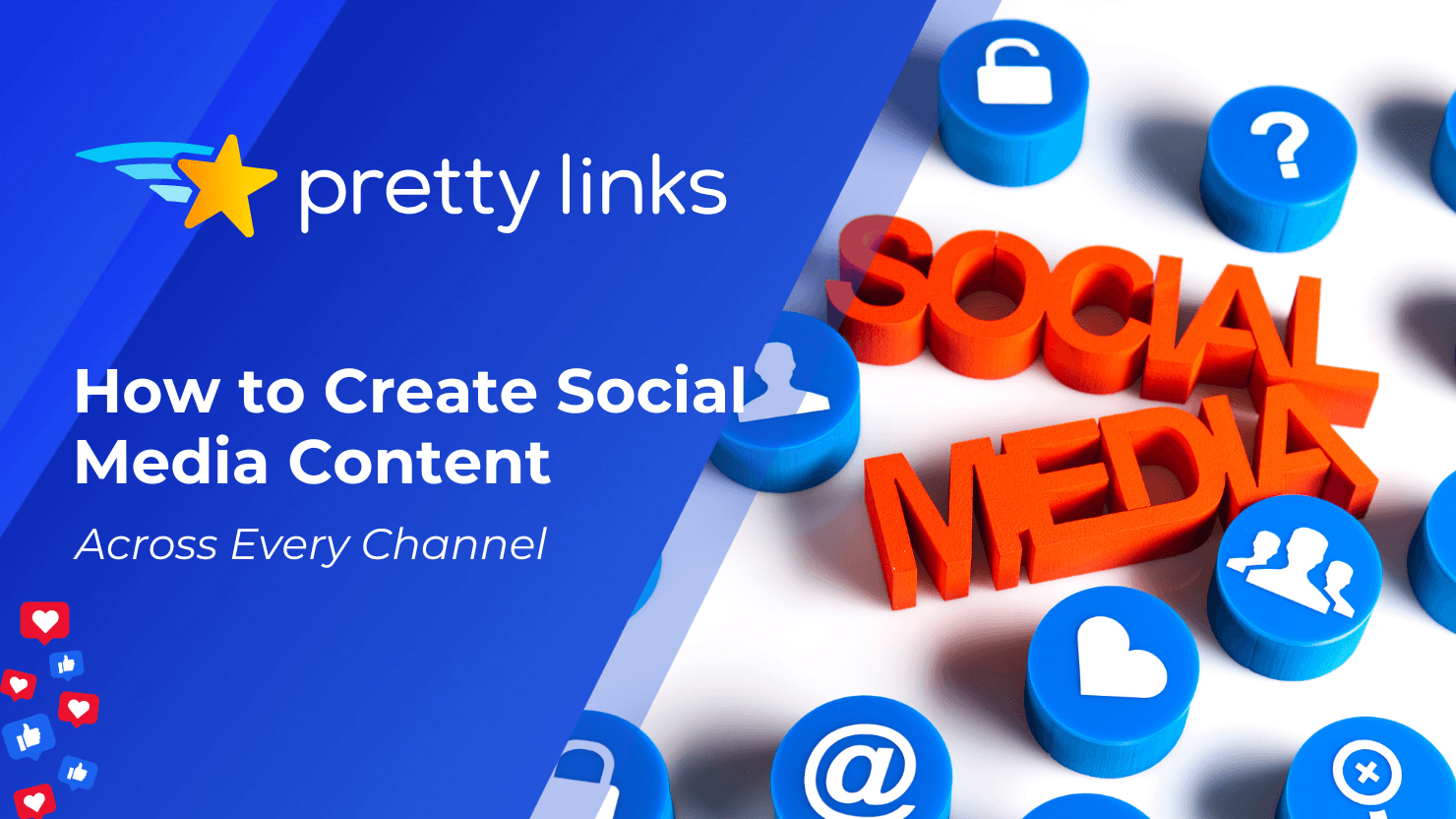
Leave a Reply